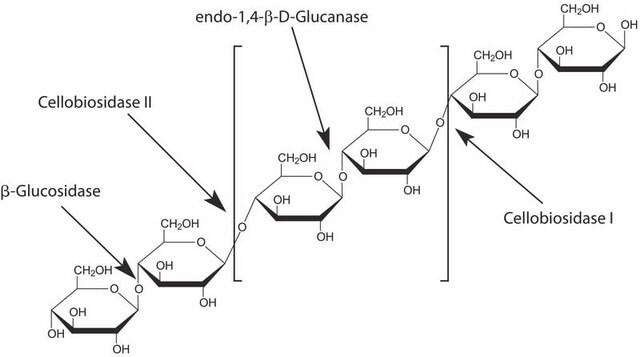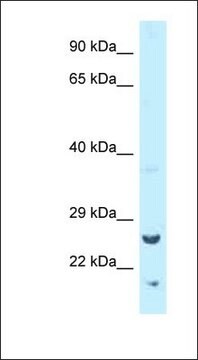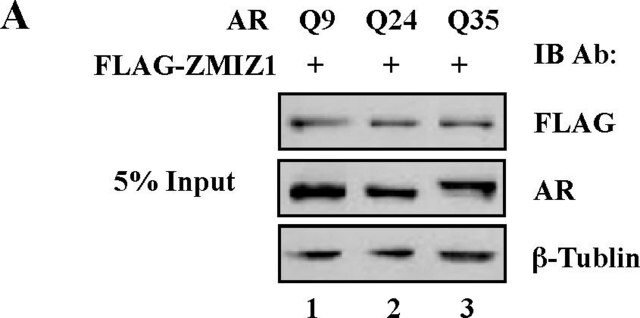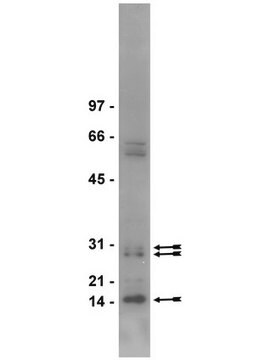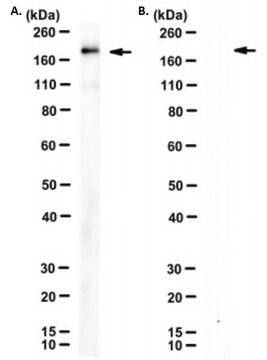ABC458
Anti-Thymidylate Kinase/TMPK Antibody
from rabbit
Synonym(s):
Thymidylate kinase, dTMP kinase
About This Item
Recommended Products
biological source
rabbit
Quality Level
antibody form
purified antibody
antibody product type
primary antibodies
clone
polyclonal
species reactivity
human
technique(s)
immunoprecipitation (IP): suitable
western blot: suitable
NCBI accession no.
UniProt accession no.
shipped in
wet ice
target post-translational modification
unmodified
Gene Information
human ... TK1(7083)
General description
Immunogen
Application
Apoptosis & Cancer
Apoptosis - Additional
Immunoprecipitation Analysis: A representative lot from an independent laboratory immunprecipitated Thymidylate Kinase/TMPK from MCF-7, H184B4F5/M10, and MCF-10A cell lysates (Ke, P. Y., et al. (2005). Genes Dev. 19(16):1920-1933.).
Western Blotting Analysis: A representative lot from an independent laboratory detected Thymidylate Kinase/TMPK in MCF-7, H184B4F5/M10, and MCF-10A cell lysates (Ke, P. Y., et al. (2005). Genes Dev. 19(16):1920-1933.).
Quality
Western Blotting Analysis: 2 µg/mL of this antibody detected Thymidylate Kinase/TMPK in 10 µg of Jurkat cell lysate.
Target description
Physical form
Storage and Stability
Other Notes
Disclaimer
Not finding the right product?
Try our Product Selector Tool.
Storage Class
12 - Non Combustible Liquids
wgk_germany
WGK 1
flash_point_f
Not applicable
flash_point_c
Not applicable
Certificates of Analysis (COA)
Search for Certificates of Analysis (COA) by entering the products Lot/Batch Number. Lot and Batch Numbers can be found on a product’s label following the words ‘Lot’ or ‘Batch’.
Already Own This Product?
Find documentation for the products that you have recently purchased in the Document Library.
Our team of scientists has experience in all areas of research including Life Science, Material Science, Chemical Synthesis, Chromatography, Analytical and many others.
Contact Technical Service
